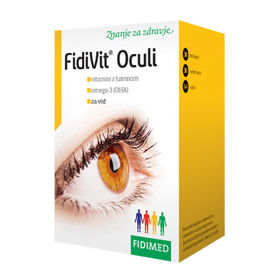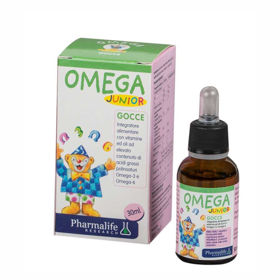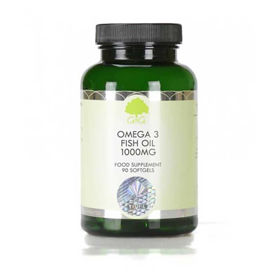Customer question:
What is coronary disease? Anonymous customer's question
Pharmacist's answer:
Coronary artery disease (also known as coronary artery disease or coronary heart disease) is a common heart disease that affects the coronary arteries that supply the heart with oxygen and nutrients. The disease develops when the coronary arteries become narrowed or blocked due to the accumulation of fatty deposits (the phenomenon of atherosclerosis). These deposits, known as plaques, contain cholesterol, calcium, and other substances that build up on the inner walls of the arteries.
Treatment of coronary heart disease usually involves lifestyle changes, including healthy eating, physical activity, smoking cessation, and limiting risk factors. In some cases, medications, interventional procedures (such as angioplasty), or invasive surgical procedures (such as coronary artery bypass surgery) may be necessary. The goal of treatment is to improve blood flow to the heart muscle and prevent serious complications.
What are the early symptoms of coronary disease?
Early symptoms of coronary artery disease include:
- Angina pectoris: Angina is the most common early symptom of coronary disease. It causes pain or uncomfortable pressure in the chest, usually during physical activity, stress, or after a large meal. This pain can spread to the arm, neck, jaw, shoulder, or back.
- Shortness of breath: Shortness of breath or a feeling of shortness of breath can be a sign that the heart muscle is not receiving enough oxygen due to the narrowing of the coronary arteries.
- Fatigue and weakness: Early coronary disease can cause general fatigue and weakness.
- Nausea and vomiting: some people with early coronary disease may experience nausea and vomiting.
- Restlessness and anxiety: Signs of anxiety or a feeling of discomfort may occur with early coronary disease.
Interesting reading: Ischemic heart disease
Interesting reading: Metabolic syndrome













